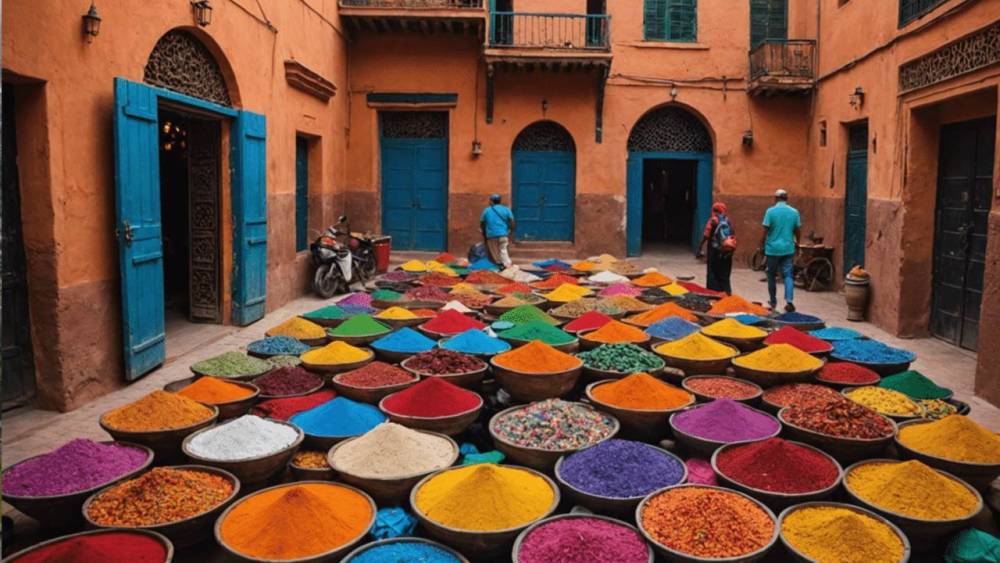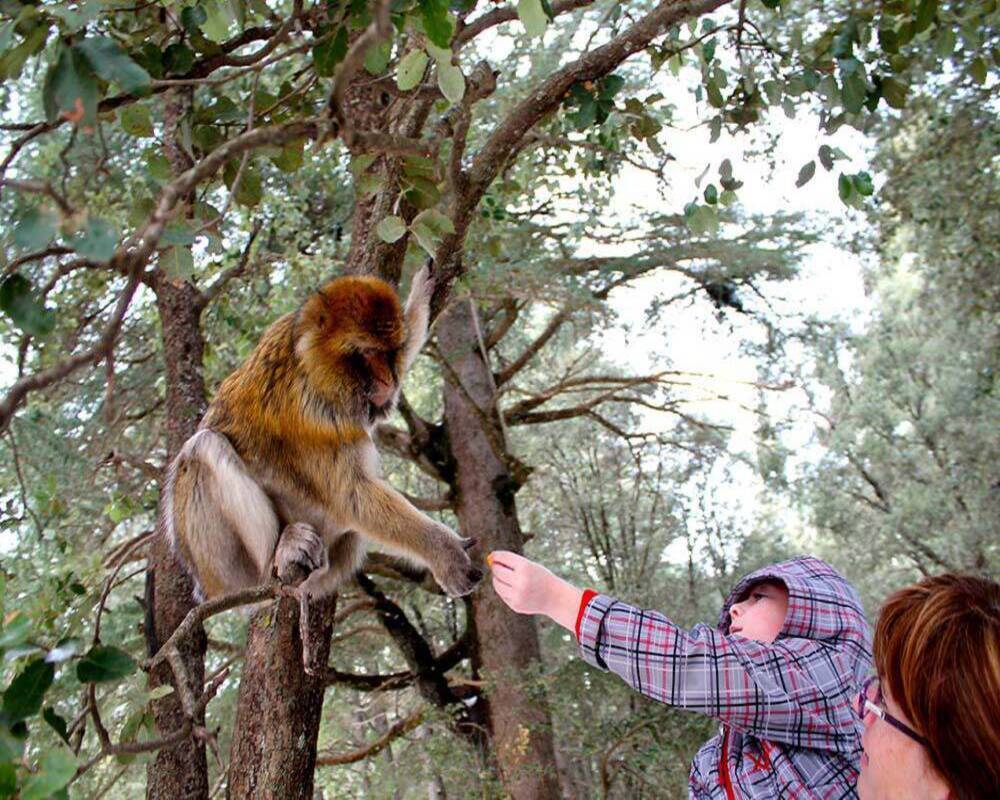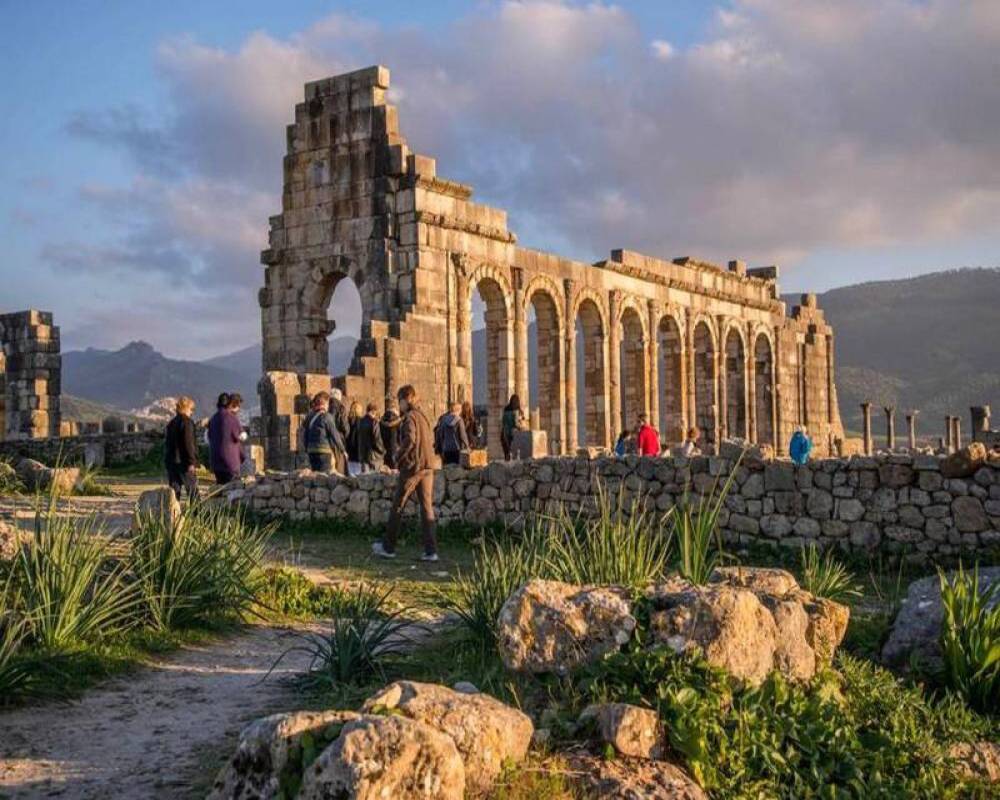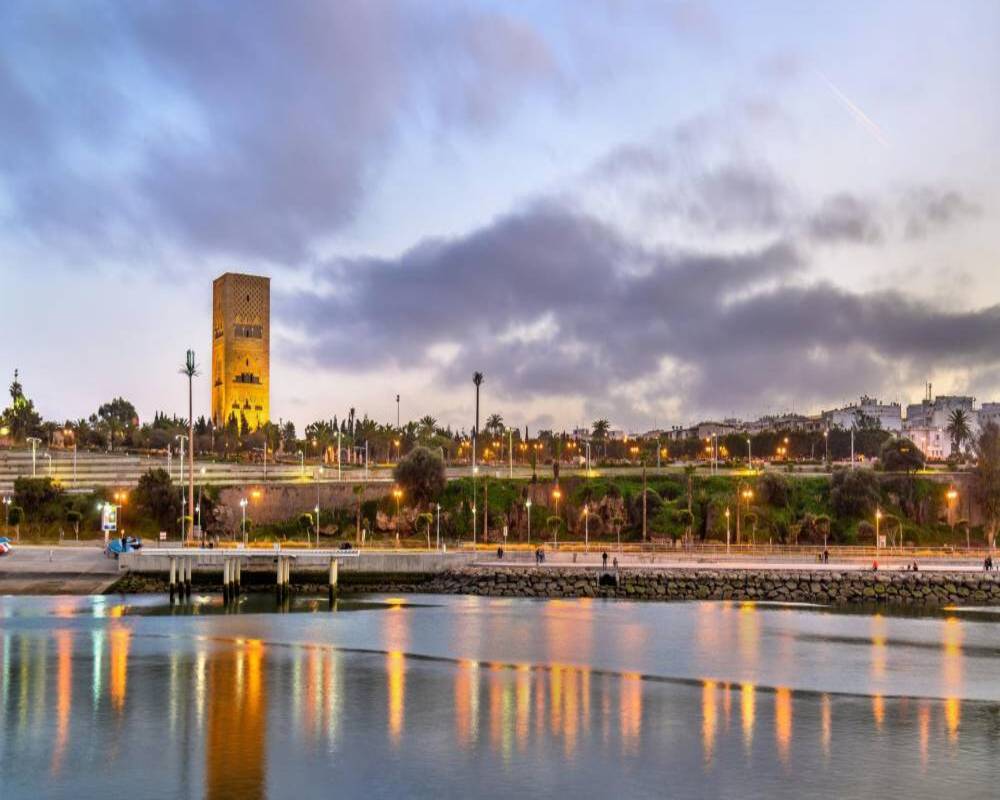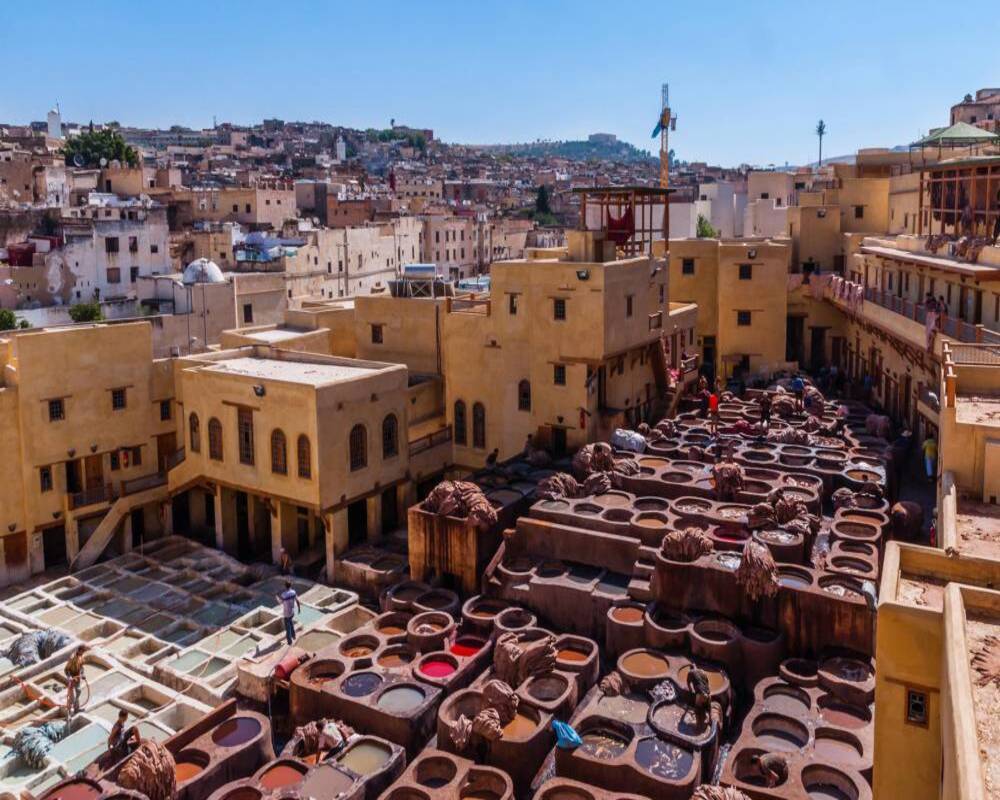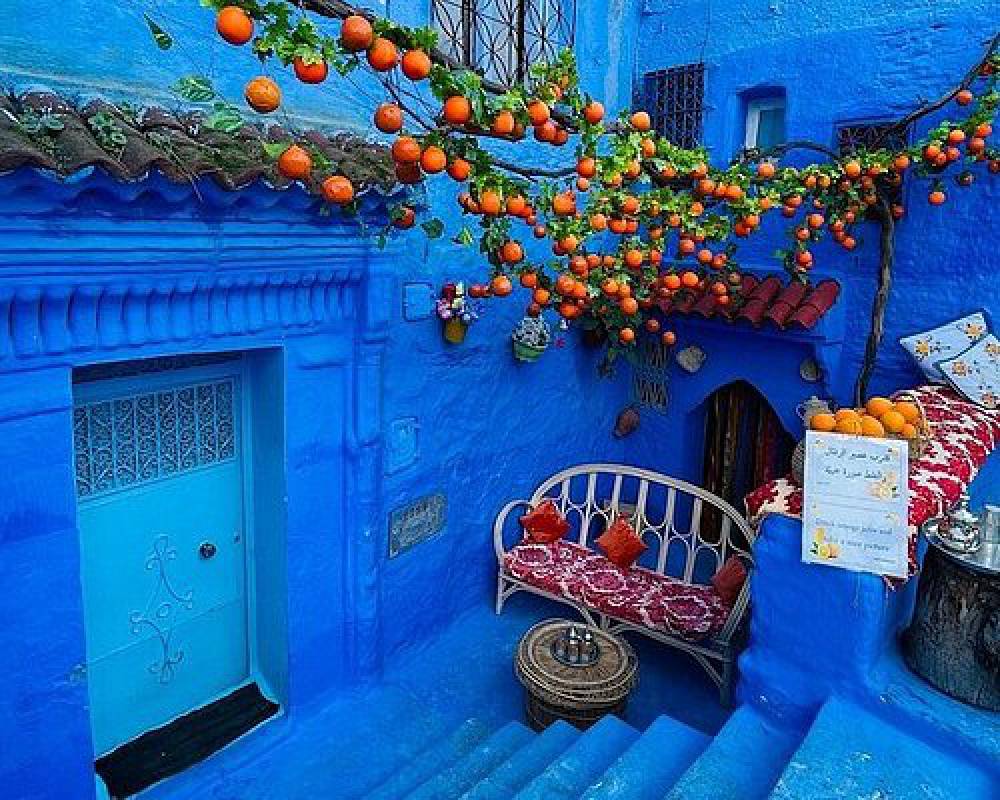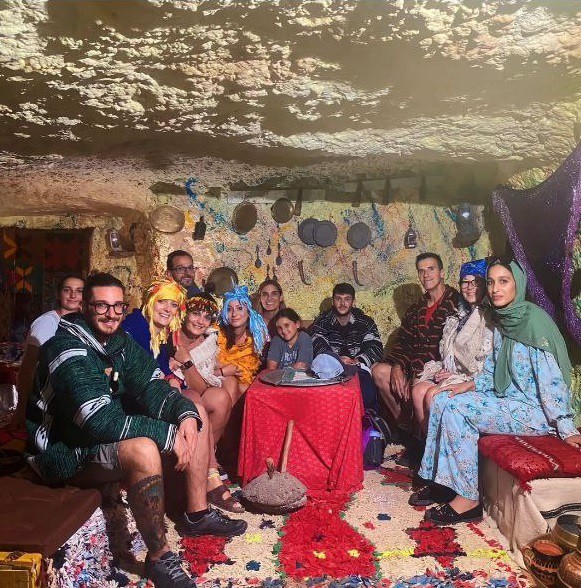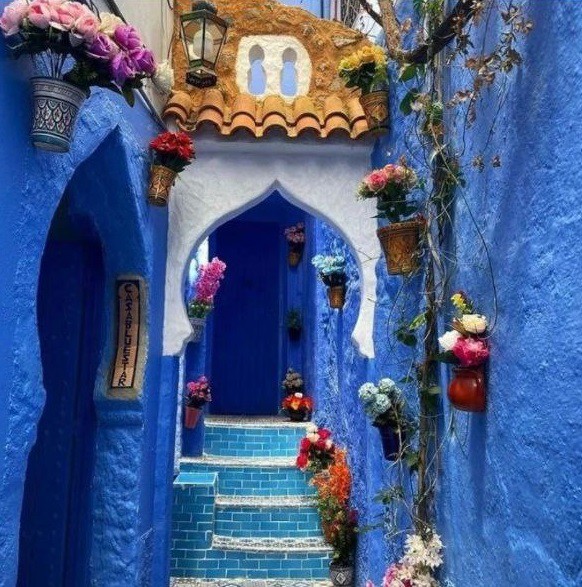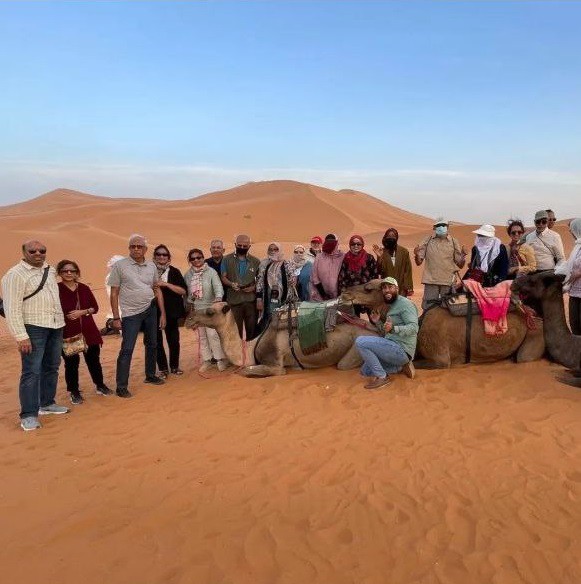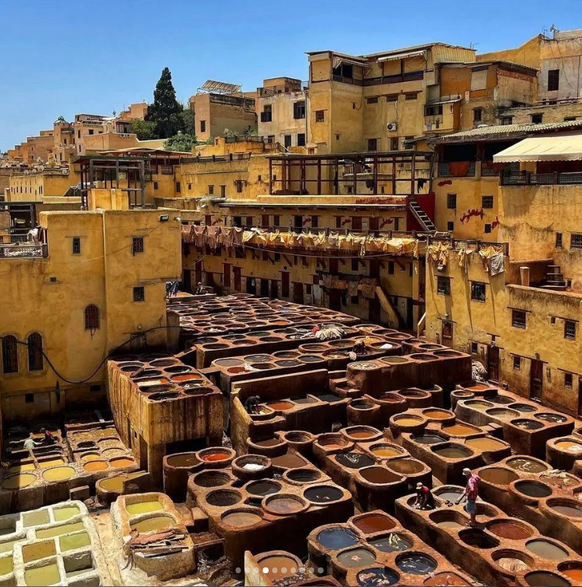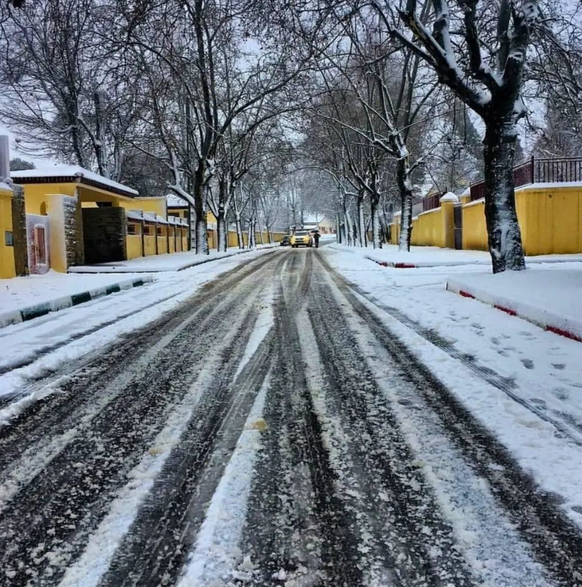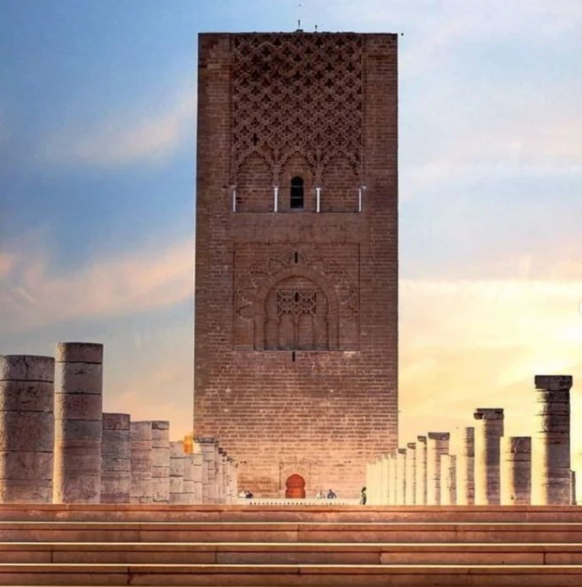Imilchil Engagement Festival.. Wedding contracts signed among the people preserving their ancestral traditions
Called off in solidarity with the victims of the earthquake that hit several regions of Morocco, particularly on September 8th, the town of Bouzmou, in the Imilchil district, is getting ready for another edition of the event called "Agdoud Sidi Ahmed Oulmaghni", better known as the "Engagement Festival." This annual tradition of the region celebrates the signing of marriage contracts between young men and women hailing from villages in the Imilchil area.
What began as a very local affair, where marriage contracts were recorded and "Fatiha marriages" rejected, the "Festival of Engagements" has become an annual event in which people come from far and wide to take part. Since 2003, the festival has included exhibitions of local products and the "Highland Music Festival," rendering the southeastern town a cultural destination and luring onlookers interested in ancient customs and traditions in the age of globalization.
Revival of a Tradition: The 2024 Engagement Festival
Organized for three days - September 19th to 21st - in Bouzmou, Province of Midelt, the festival will also host the registration of almost 40 marriages, the organizers announced. It will also include numerous activities passed down for years, a race along the Imilchil road, and exhibition of local and regional products.
Organizers emphasize that "the Imilchil Engagement Festival is not a marketplace for local brides; it is, rather, an annual tradition for many decades and boosts the importance of formal marriage contracts, in contrast with other regions which relied on 'Fatiha marriages' in the past." They add that "the Royal Patronage could help maintain this event as a reference point to preserve Morocco's intangible cultural heritage."
A Celebration with Historical Roots
"Indeed, the tribes of Ait Hadidou have always striven to legalize marriage contracts, whereas other regions continued to rely exclusively on the recitation of the Fatiha until a not-so-distant past," explained Hassain Wazni, President of the "Akhayam" Association that organizes the festival. The collective engagement ceremony was scheduled every September because it falls at the close of the agricultural season and helps prepare for the mass wedding held every October.
Wazni told Aroundfestours, "In the past, marriage contracts were recorded in front of the shrine of Sidi Ahmed Oulmaghni-a tradition going back even before the 19th century. We have records that show this going back as far as 1850. Since then this cultural and social event has also become an economic draw for the region, allowing merchants to sell their wares to large groups of visitors."
He further expounds, "This festival was purely conducted by the people within the community before it was referred to as the 'Jamaa.' Nowadays, it is organized by civil and community organizations in collaboration with elected councils. That has given this event an identity of both Engagement Festival and a Highland Music Festival, keeping tourists in the region."
An Event That Attracts and Inspires
"This year, some 40 couples are expected to get married," says Wazni, who describes how "the organizers work with different judiciary bodies, bringing in judges and notaries to oversee the proceedings. We bear all their costs and offer the young couples gifts, souvenirs, and help, especially in equipping their marital homes, to keep this tradition going."
Wazni denies the links of the festival with "child marriage," underlining that "all procedures meet the current legislation under the control of local authorities and other bodies." Every year, 40 to 50 couples get married, which is one way the tribe can safeguard its immaterial and cultural heritage. Mass weddings are no longer performed, but engagement ceremonies are still; therefore, attempts are being made for group weddings to be reinstituted over the next few years.
Royal Patronage and Future Ambitions
AroundFesTours brought up the subject of royal patronage for the festival, which it enjoyed last year. Wazni said, "In fact, the royal patronage is an honor and pride for us; it is support on the positive side. Last year, we couldn't hold the festival due to national solidarity with the victims of the Al Haouz earthquake, but we are back this year under royal patronage."
For Wazni, "this royal patronage is a great honour for us as locals and organisers of this social and cultural event with a regional dimension. It encourages different partners involved in this festival, which has a cultural value recognised for the Imilchil district and its five communes with nearly 40,000 citizens.
This year, the Engagement Festival will be a "unique edition" because it was postponed last year due to the earthquake that hit several regions in the kingdom. "The community and institutional partners responsible for organizing this festival are committed to doubling their efforts to provide a comfortable experience for visitors coming from near and far to witness the engagement ceremonies of young men and women and to shop at the surrounding markets," he added.
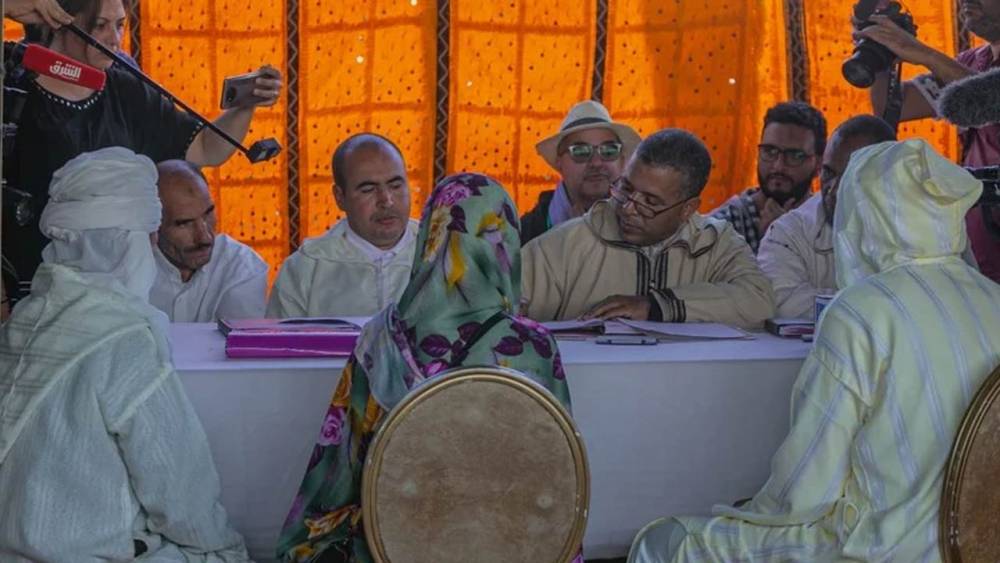
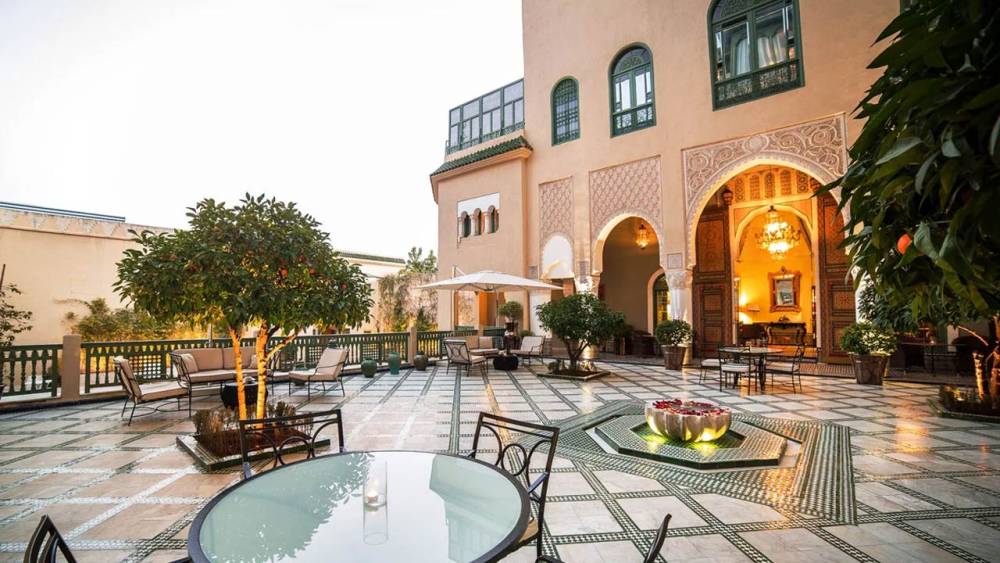
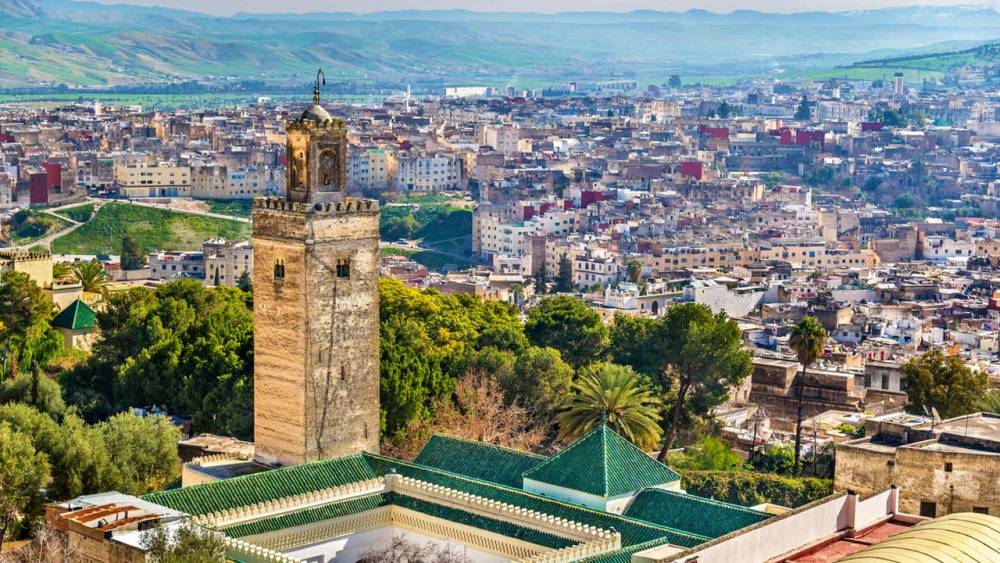
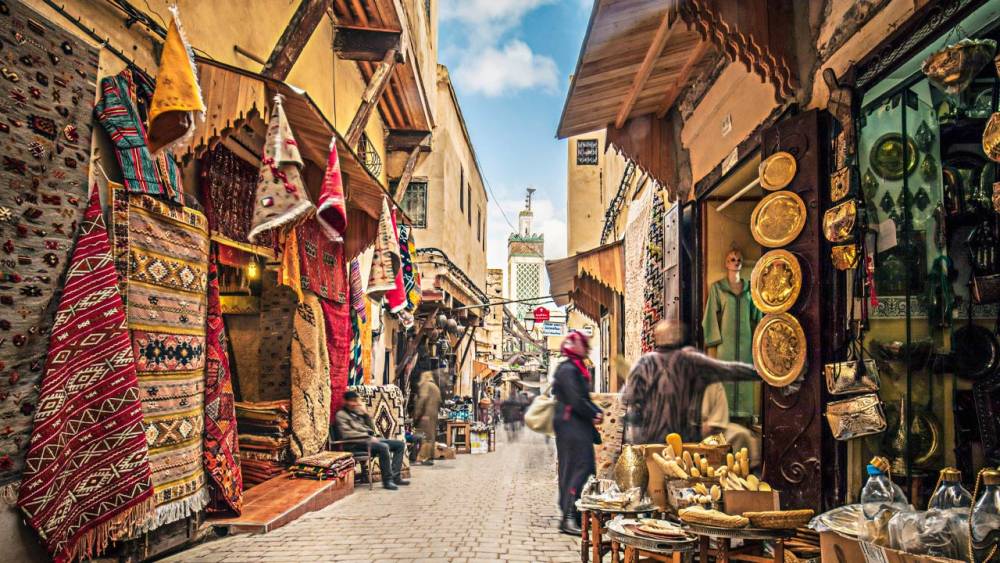
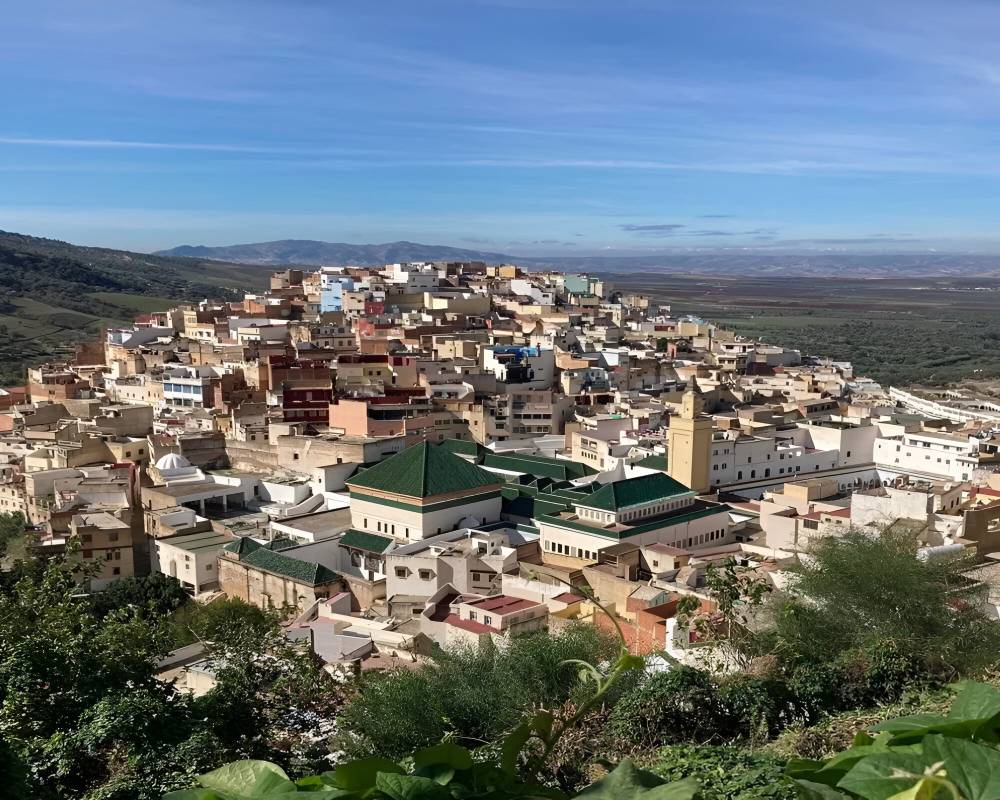
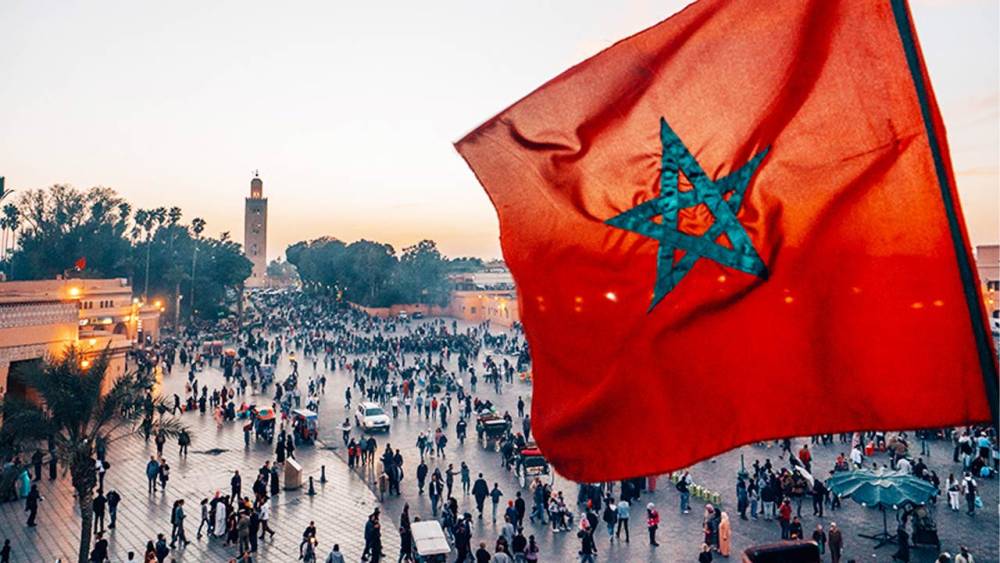
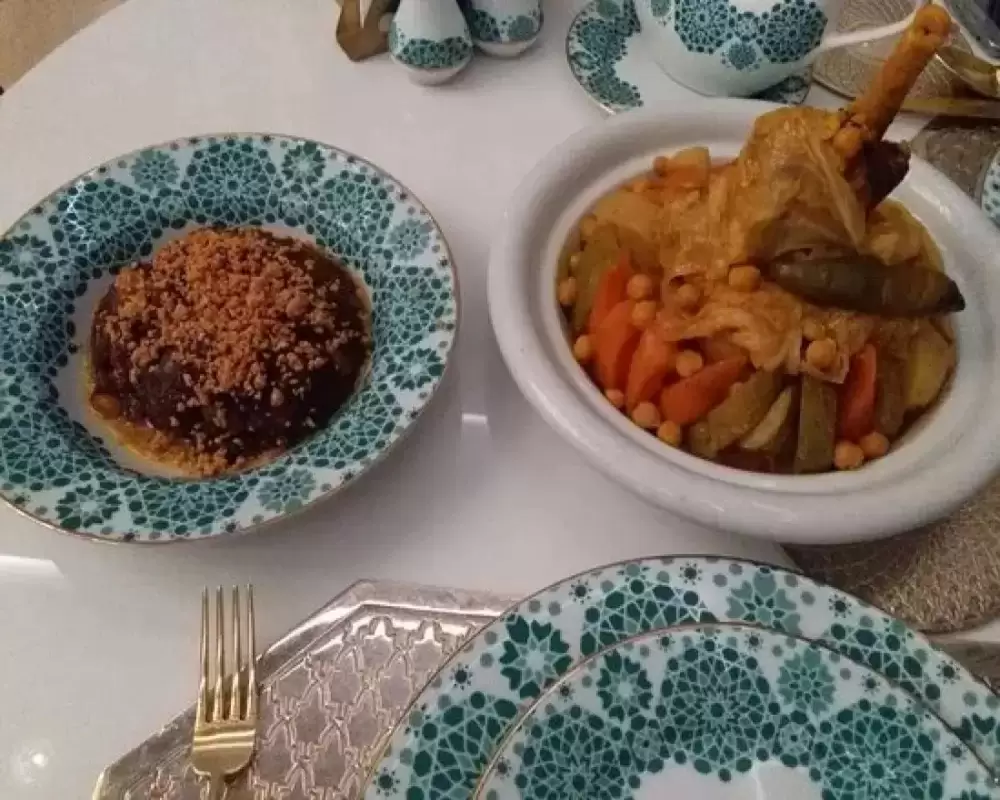
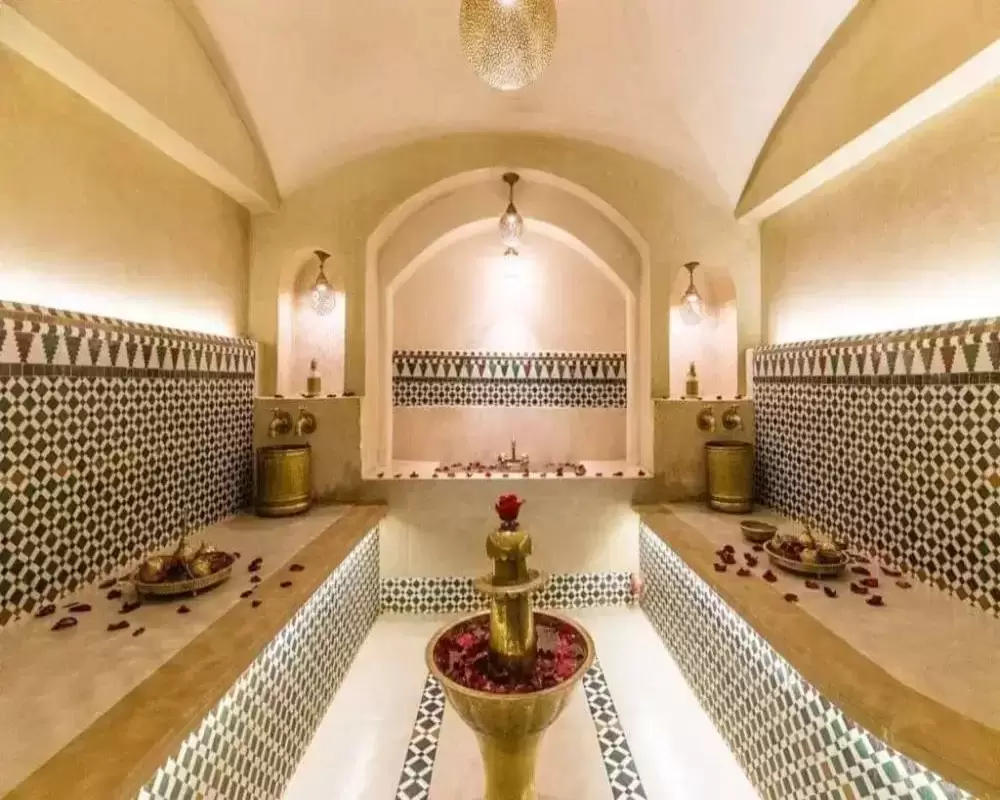
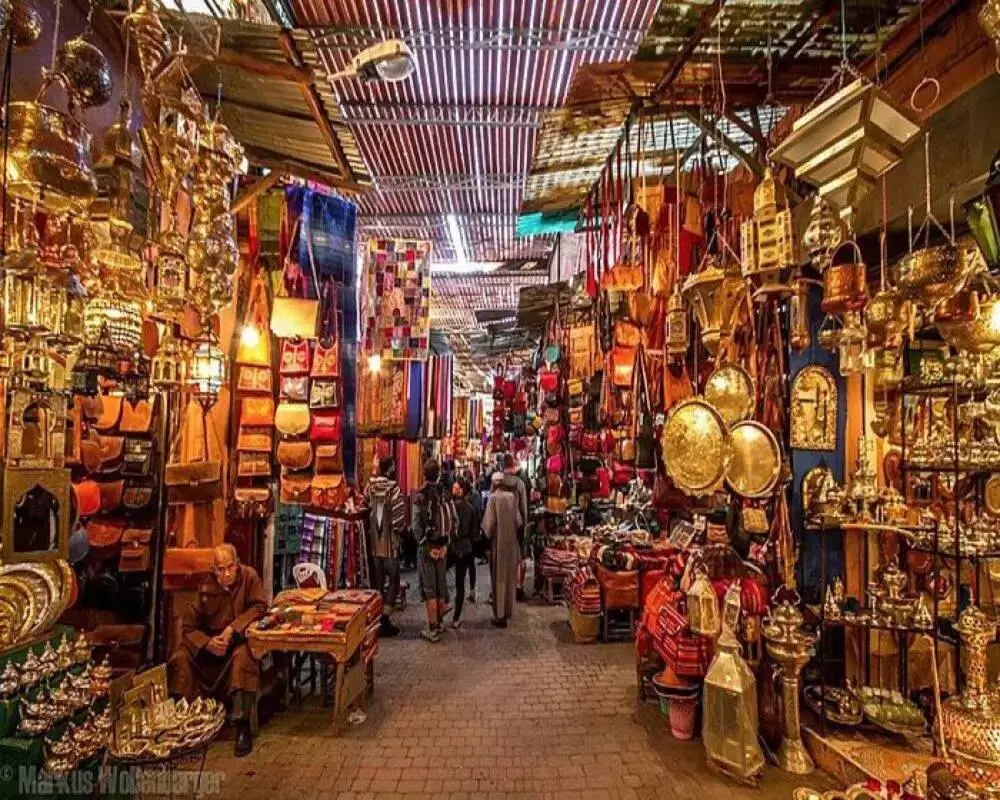
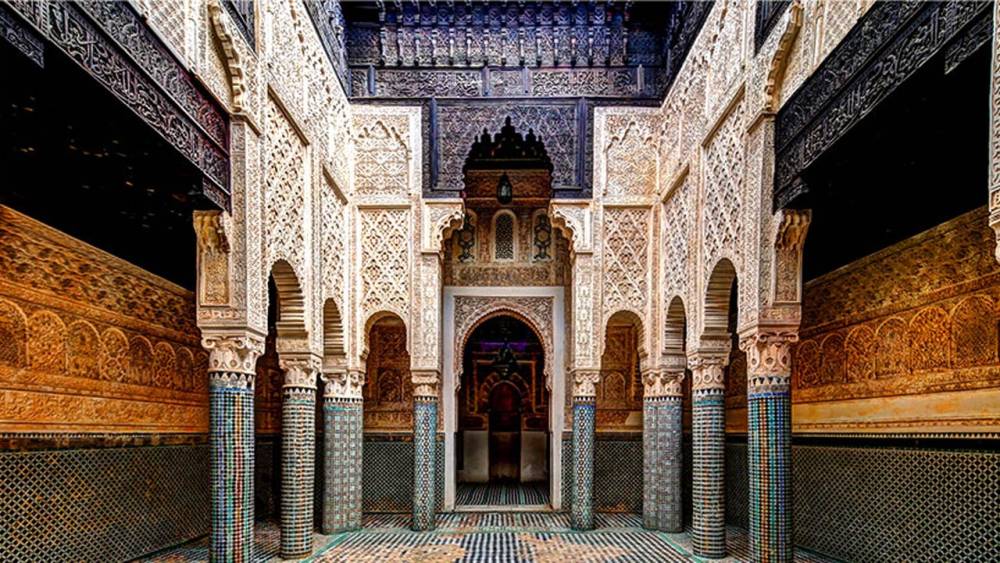
 3T-Travel
3T-Travel

